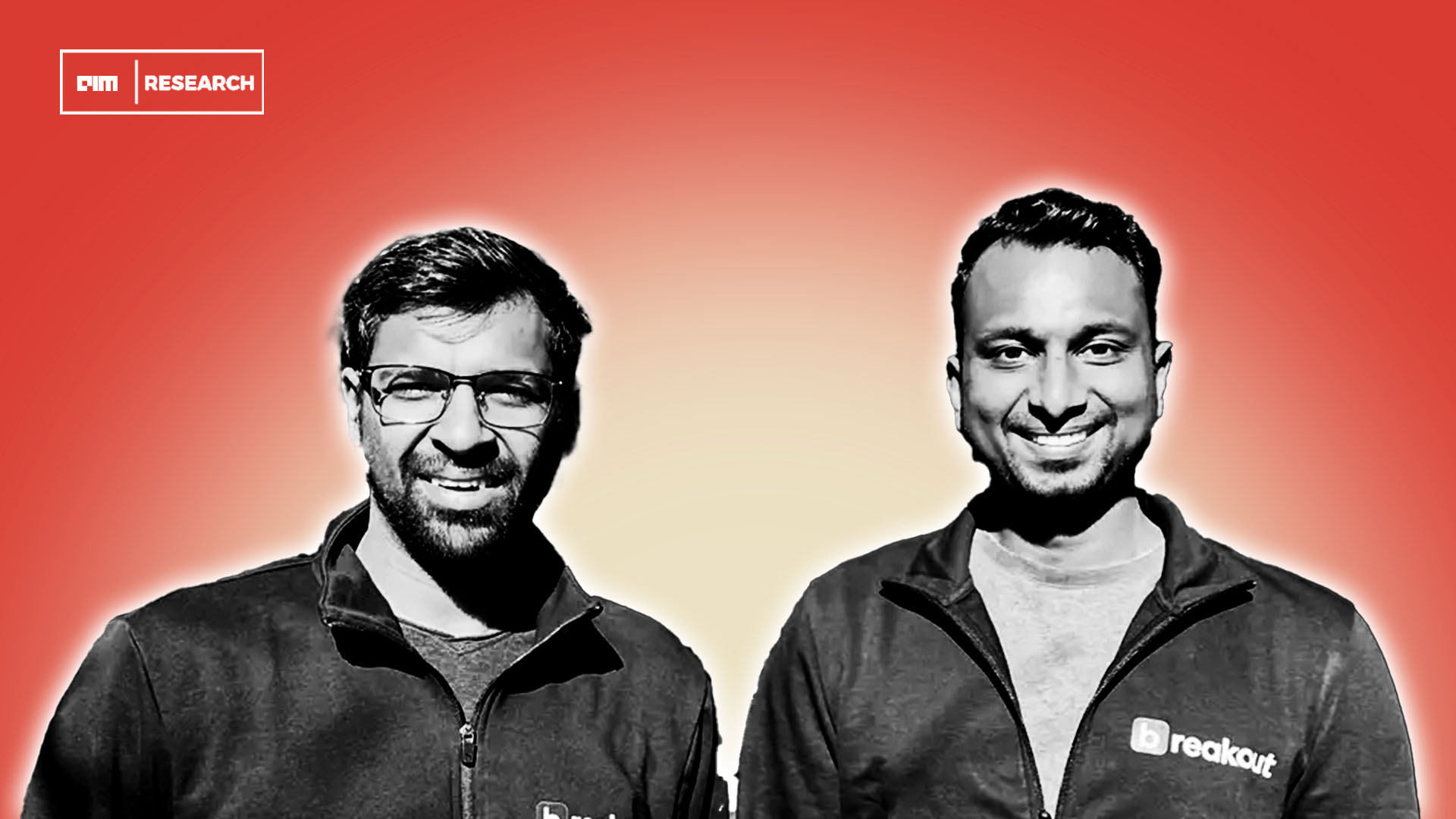In the rapidly evolving digital landscape, data has become the lifeblood of organizations, driving critical decision-making processes. To effectively navigate the data-driven future, many organizations have recognized the pivotal role of Chief Data Officers (CDOs). In 2023, CDOs are emerging as strategic leaders who possess the acumen to steer data innovation, foster a data-driven culture, and contribute significantly to their organization’s overall success.
A Shift in Role and Perspective
CDOs are no longer confined to a narrow technical domain; they have evolved into data strategists and collaborators, with over 70% of CDOs identifying themselves as such. This transformation reflects the growing understanding that data isn’t merely a technical asset but a strategic one. CDOs bring a wealth of expertise to the table, facilitating collaboration and informed decision-making across the organization.
A Seat at the Leadership Table
The CDO is fast becoming a must-have presence in the leadership hierarchy. Their role, influence, and impact are increasingly defined by their reporting structure to the C-Suite. An impressive 82% of CDOs report directly to a member of the C-Suite. This proximity to top-level decision-makers underscores the significance of their role in shaping the organization’s data strategy.
From Defensive to Offensive
In the past, CDOs often adopted a defensive stance, focusing on risk management and data protection. However, the landscape is changing, and CDOs are making a strategic pivot towards an offensive approach. Over 56% of CDOs have identified legacy systems and complex data infrastructure as their key challenge, indicating a shift towards modernizing data management practices to harness data’s full potential.
Modernizing the Data Estate
CDOs understand that technology plays a crucial role in accelerating the delivery of emerging analytics use-cases. To overcome challenges such as dependency on legacy systems and interoperability issues, 69% of CDOs are investing in data quality initiatives. These investments are geared toward ensuring that data is not only abundant but also accurate and reliable.
Scaling up with AI and Cognitive Technologies
CDOs are increasingly recognizing the potential of AI and cognitive technologies to scale up data management. These technologies are leveraged for data classification, cataloging, quality assurance, security, and workflow optimization. Approximately 60% of CDOs are actively seeking to adopt intelligent and AI-enabled data management strategies to keep pace with the evolving data landscape.
Productizing Data
A notable shift among CDOs is their inclination towards adopting a data product-oriented outlook. They aim to curate and deploy data products for various analytics use-cases. The purpose behind this shift is “value creation” by offering high-quality reusable data and analytics products to empower consumers. While this approach has gained traction, only 16% of CDOs have been able to successfully implement direct data monetization via data-as-a-product.
CDOs are increasingly being tasked with demonstrating tangible business outcomes and commercial value resulting from data initiatives. These outcomes are quantified through metrics such as cost reduction, improved efficiency, automation, and faster time to market. An impressive 66% of CDOs have reported a reduction in costs as their primary return on investment metric.
Crossing the Cultural Chasm
Change management and data literacy have become pivotal aspects of the CDO’s role. CDOs are actively engaged in creating a data-driven culture within their organizations, where data literacy is not just a key responsibility but a critical key performance indicator. While data literacy programs are in place in many organizations, the levels of literacy may vary across multiple business functions.
The Path to Value Realization
As organizations embark on data-led transformation initiatives, CDOs are at the forefront, leading the way towards data-driven success. They are not only driving cultural change but also modernizing the data estate, focusing on data quality, and weaving data into the very fabric of the organization’s culture. The CDO’s role has evolved beyond data management; they are now the strategic leaders who can unlock data’s true potential and drive their organizations toward success in the digital age.
























